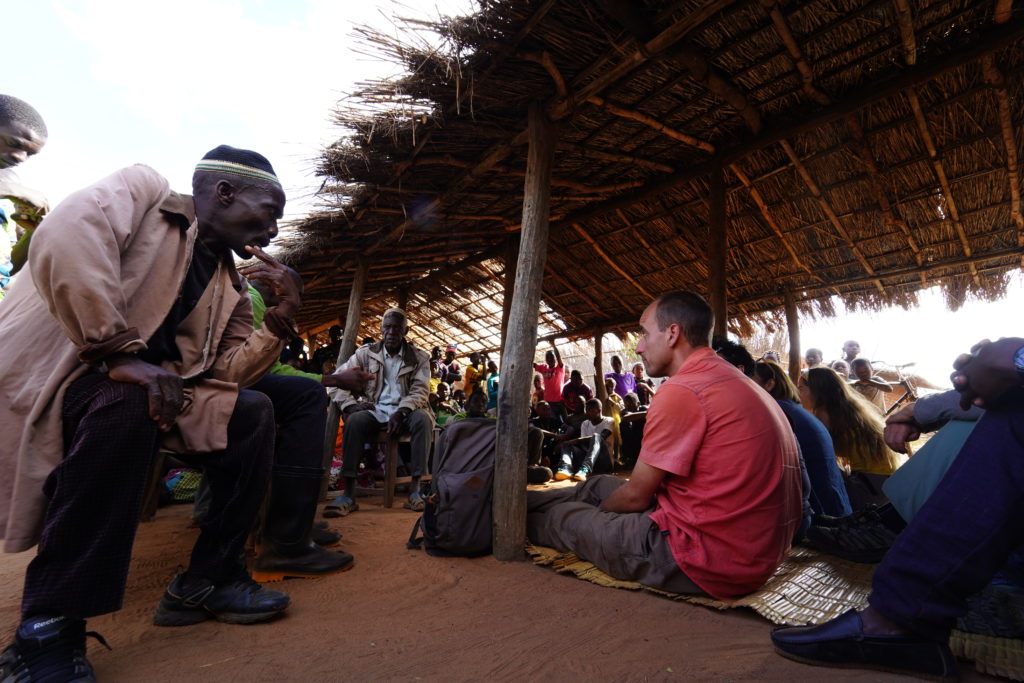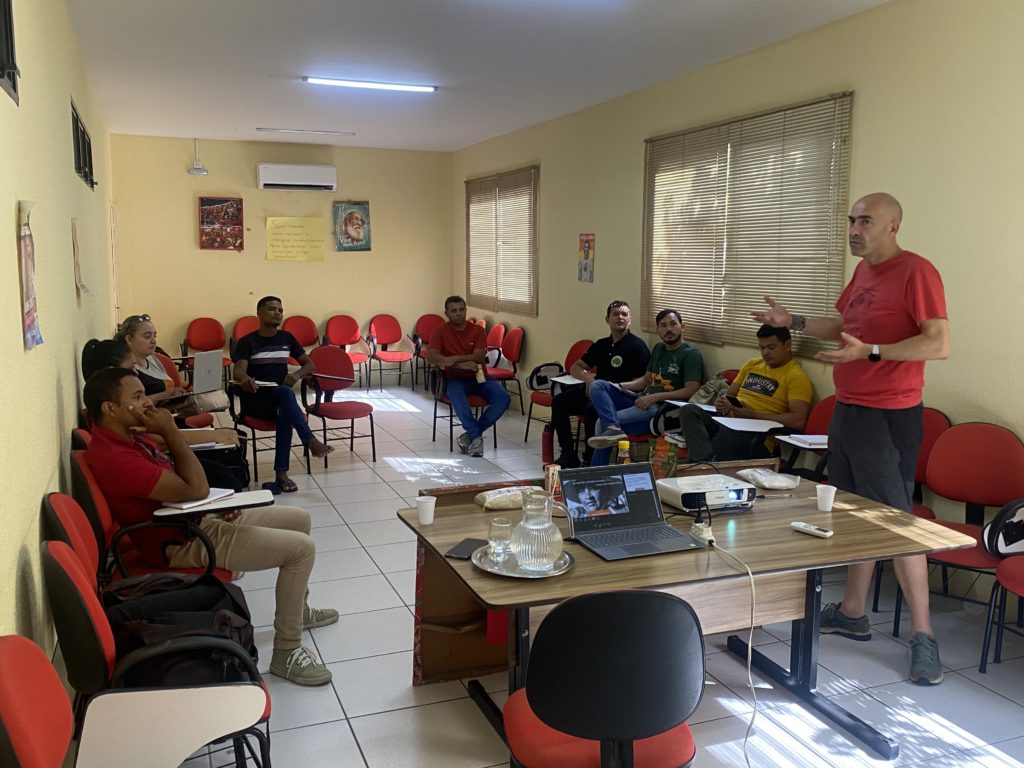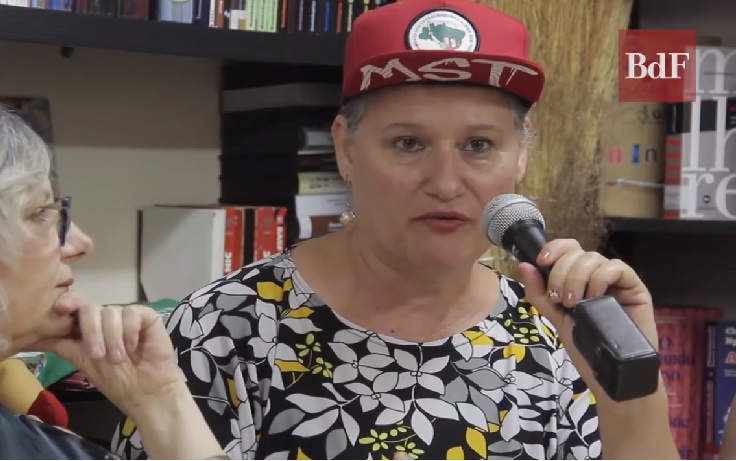The Zero Kilometer philosophy proposes prioritizing what is close when deciding what to consume, and in recent years it has gained increasing support in our environment.
By promoting the consumption of what is nearby, it is intended to obtain a series of benefits, such as boosting the local economy and reducing emissions generated by transport.
On the other hand, today, the relationships between peoples and individuals around the world are close and diverse (trade, pollution, migration, culture); so it might be prudent to analyze the possible positive and negative effects, both in the near and far context, of any initiative.
For example, if we prioritize ‘what’s here’, that will imply buying less from somewhere else. And if we buy less from another, it is likely that he will also buy less from us.
Or, it should also be taken into account that today, we export more than we import. And that one of the main sources of our economic wealth is precisely the exports of technological manufactures.
At the same time, most of our trade is with other countries similar to ours (rich and middle-rich countries). And one might think that with this type of country it would be possible to reduce mutual sales and increase the own production of each one of the parties (I will buy fewer apples from you, you less electric bicycles from me and we will each make our own apples and bicycles). ). It would be negotiable.
But in the world there are many countries and regions that are not rich like ours nor do they have the same productive capacities. These countries, today, are obliged to buy machines, parts and other products manufactured by companies from countries like ours.
But to be able to make those purchases they also need to be able to sell something and, today, their productive options are limited. Generally mineral raw materials, agricultural products or non-technological manufactures.
And in order to reduce global inequalities, it would be important for these countries not to put obstacles in the few options they have to get out of poverty. As far as possible it would be opportune to strengthen them.
Thus, for the KM0 to be useful for building a better world, it would be necessary to look up and analyze who is going to be affected, both here and there, by the increase in local production and the decrease in imports of this or that product; if it will benefit or harm them; if these groups are among those with more or less wealth, capacity and power; or what other options they have. Such analysis would help us make decisions that contribute to a better world.
Beñat Arzadun Olaizola



